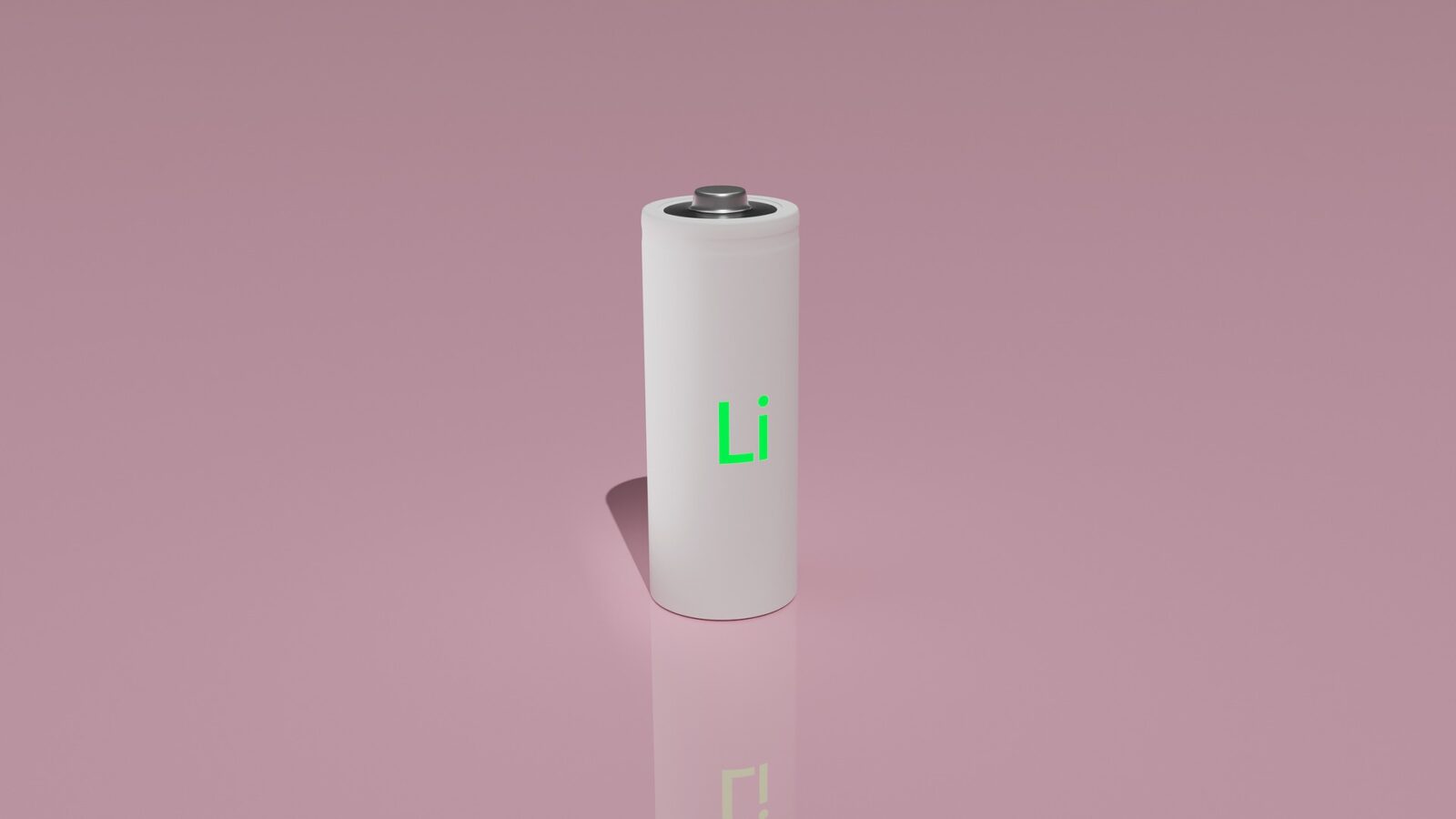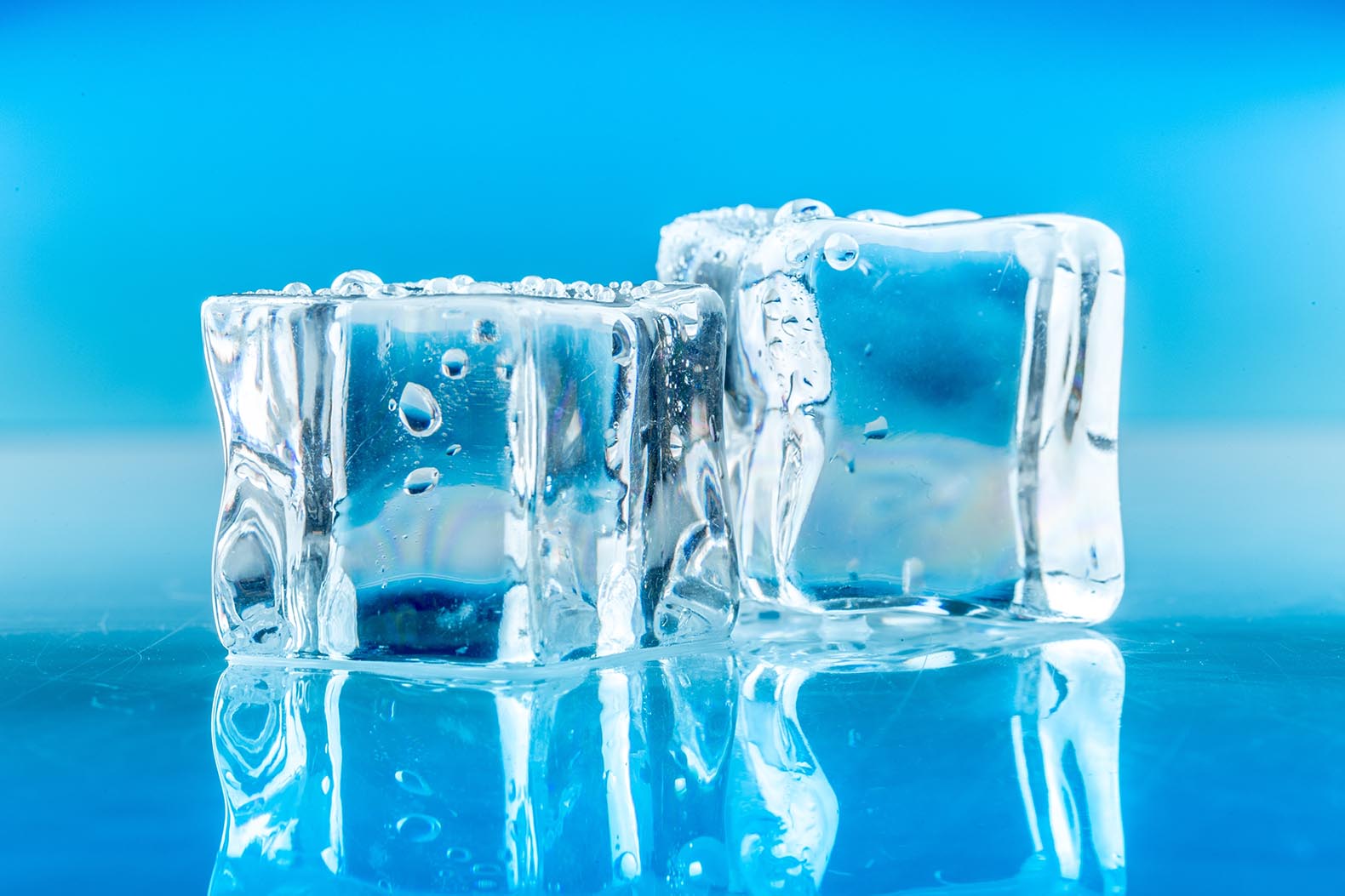Lithium-ion batteries are notorious for their inconvenient cold-weather performance, which directly impacts their most significant applications – everything from starting a snowmobile in Alaska to piloting a rover on Mars.
Researchers from the Department of Energy’s SLAC National Accelerator Laboratory found an overlooked fundamental part of the problem. When you deposit lithium-ion batteries at sub-zero temperatures, some parts of the battery can crack and even break free from nearby materials, which would impact their capacity.
The discovery is courtesy of SLAC scientist Yijin Liu and postdoctoral fellow Jizhou Li, who acknowledged the problem while analyzing the cold-weather performance cathodic performance.
Initial tests revealed that storing cathodes at sub-zero temperatures would, in turn, make the batteries shed up to 5% of their capacity after 100 charges than batteries stored at safer temperatures.
To figure out why that happens, the researchers used a combination of X-ray analysis methods of SLAC’s Stanford Synchrotron Radiation Lightsource and machine learning techniques which Li has been interacting with over the past few years.
These technologies allowed them to sample individual cathode particles. Thanks to that, the scientists could study thousands of particles simultaneously; in contrast to only a few, they could identify with their eyes alone in the past.
The conclusion of the study was that cold temperatures shrunk the meatball-like particles present within the cathode, cracking them in the process of accentuating already existing cracks, according to Liu.
Also, the fact that each material behaves differently under different climatic conditions, it was normal that the cathodes were detaching from surrounding materials in extreme cold.
According to Liu, the results point to some possible ways of addressing the problems.
First of all, finding (or developing) battery materials that are more favorable in temperature response is a good first step. That could also help fight the detachment issues.
Progress in Lithium-ion technology could translate to progress in other battery technologies, too, as all batteries naturally expand and contract according to temperature.












Leave a Reply